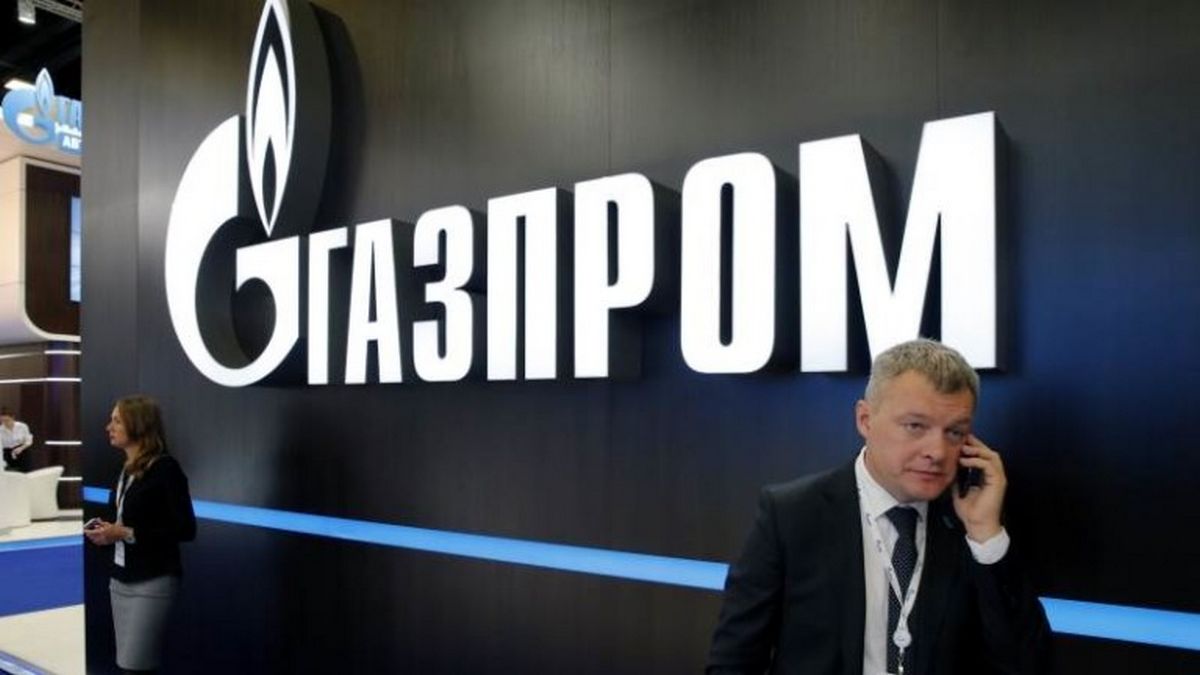Nord Stream 2, one of the most discussed projects in Europe, is ready to go. Despite the fact that the giant Gazprom has just announced the completion of the gas pipeline, a number of legal issues have yet to be resolved before the first deliveries begin.
They can become a serious problem for Moscow. First of all, the German regulator BNatzA must approve Nord Stream 2 for certification. The decision of the institution should be sent for consultation to the European Commission, which should develop its position on it.
The regulator must then make a final decision, taking into account the opinion of the Commission. The whole process may take 4 months or be completed early next year, writes a specialized site OilPrice.
In addition, the project must comply with European legislation in this area.
According to him, the builder and the system operator of the pipeline cannot be the same organization. The same company can only be responsible for 50% of the transport capacity. Otherwise, the construction of Nord 2tream 2 can start only after agreeing on a partnership with another natural gas supplier.
After the collapse of the CCCP, Moscow insisted that Gazprom be a monopolist in the export of natural gas through gas pipelines to Europe. Having secured this monopoly on the market, the government could make the most of natural gas exports financially.
Now the situation may change, in favor of Rosneft. For many years, Gazprom’s younger brother has been trying to gain a stronger position in the energy market inside and outside Russia, but it does not enjoy the same privileges and benefits as the longtime industry leader.
However, the situation may change. According to Interfax, the relevant ministry in Moscow is preparing a bill that could put an end to Gazprom’s monopoly on Nord Stream-2. According to Deputy Prime Minister Oleksandr Novak, Rosneft has applied for permission to use 50% of the pipeline’s capacity.
This would be the simplest solution to a complex problem that would signal a readiness to partner with the EU in this area after the EU Parliament asked the Commission to investigate Gazprom for market manipulation.

